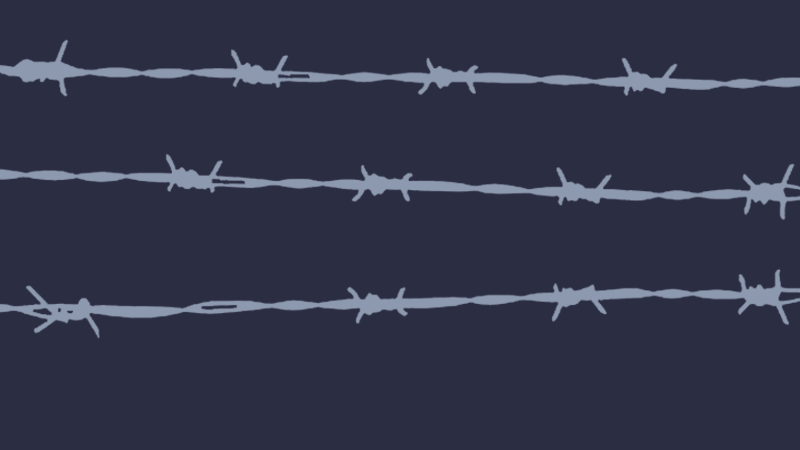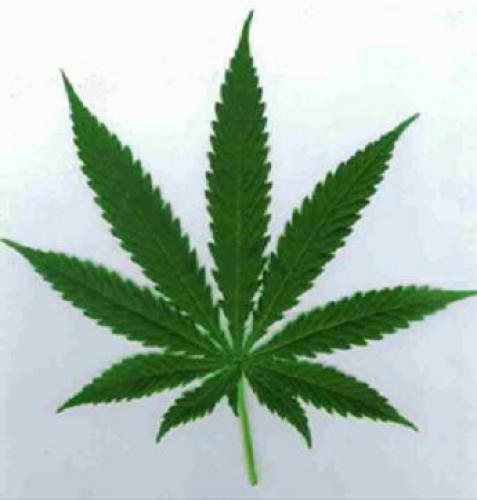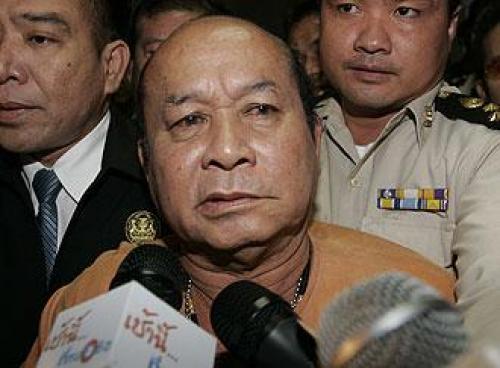government: constitutional monarchy
state of civil and political rights: Partly free
constitution: signed by King on 24 August 2007
legal system: based on civil law system, with influences of common law
legislative system: bicameral National Assembly (Rathasapha) consists of the Senate (Wuthisapha) and the House of Representatives (Sapha Phuthaen Ratsadon)
judicial system: Supreme Court (Sandika), judges appointed by the monarch
religion: Buddhist 94.6%, Muslim 4.6%, Christian 0.7%, other 0.1%
death row: 832, including 127 who have had their final court ruling (as of August 24, 2009, according to Thai media reports)
year of last executions: 0-0-2003
death sentences: 8
executions: 2
international treaties on human rights and the death penalty:International Covenant on Civil and Political Rights (made reservation to the interpretation of Art. 6 which prohibits the death penalty for minors)
Convention on the Rights of the Child
Convention Against Torture and Other Cruel, Inhuman or Degrading Treatment or Punishment
Statute of the International Criminal Court (which excludes the death penalty) (only signed)
situation:
Under the Penal Code alone, the death sentence can be applied to 35 crimes, ranging from offences against the King, treason, murder, rape in which the victim is killed and arson, to robbery which results in death. Exploitation of position by a legislative official for his/her own benefit is also subjected to the punishment, although in practice no one has ever faced it.
The death penalty applies in Thailand also to heroin or amphetamine drug trafficking and especially when a prisoner is found guilty after pleading not guilty at the start of the trial. A guilty plea allows judicial leniency - 25 years to life in jail instead of execution for heroin trafficking and export.
According to the Thai Penal Code, prisoners who receive the death sentence can appeal for a royal pardon. The appeal must be made within 60 days of the verdict. Each prisoner can appeal only once.
If the pardon is granted, execution will be commuted to life imprisonment.
It is never known in advance when a death warrant is to be issued, and executions are performed only once in a while. Usually a death warrant arrives in the morning and the execution takes place in the evening of the same day. Before the day of execution, the police will take fingerprints from the prisoner to compare them to those in the prisoner's file to ensure that the wrong person is not executed.
If the prisoner is a Buddhist, monks will be invited to give a sermon, followed by the reading of the death sentence by the prison director.
A pregnant convict may not be executed until the baby is born. Insane prisoners are also spared execution, at least until they recover. If their treatment takes more than one year, the sentence is commuted to life.
On May 9, 2003 Thailand's Senate approved the bill banning capital punishment and life imprisonment for convicts younger than 18, a measure already approved by the lower chamber in November 2002. The maximum penalty for juveniles was set at 50 years in jail.
In a previous debate on this bill at the Senate, on March 17, 2003 several senators called for the complete abolition of the death penalty and for lesser jail terms for under 18-year-olds saying these people would be unable to live a normal life after 50 years in prison.
There are credible reports of police ill-treating and torturing suspects in pre-trial detention to extract confessions. Confessions are regularly used as evidence in capital trials, and defendants have maintained in court that police forced them to confess.
Thailand resumed executions in 1995 after a de facto eight-year suspension. According to the Department of Corrections, some 319 prisoners - 316 men and three women - have been executed since 1935.
On October 19, 2003, after 68 years and 319 lives (316 men and three women) taken by the firing squad, Thailand marked the introduction of lethal injection as a means of execution by a solemn ceremony at the Bang Kwang jail – notoriously known as the ‘Bangkok Hilton’. The firing squad had replaced decapitation as the method of execution in 1935.
On December 12, 2003, Thailand carried out its first executions by lethal injection, putting to death three people convicted of drug trafficking and one of murder at the Bang Kwang jail. Three drugs were used in the executions - the first sedated the convict, the second relaxed the muscles and the third stopped the heart.
These were the only executions in 2003. Nine people had been put to death in 2002 and 18 in 2001.
For the second consecutive year, since the last ten years, no executions were registered in Thailand in 2005.
On December 18, 2008 Thailand voted against the Resolution on a Moratorium on the Use of the Death Penalty at the UN General Assembly.














